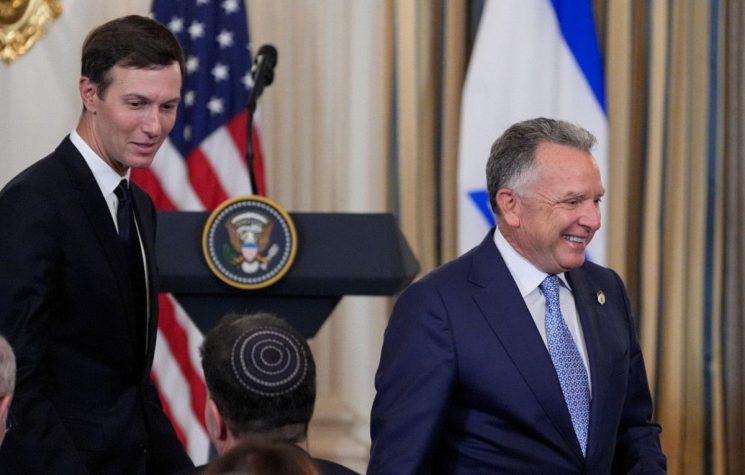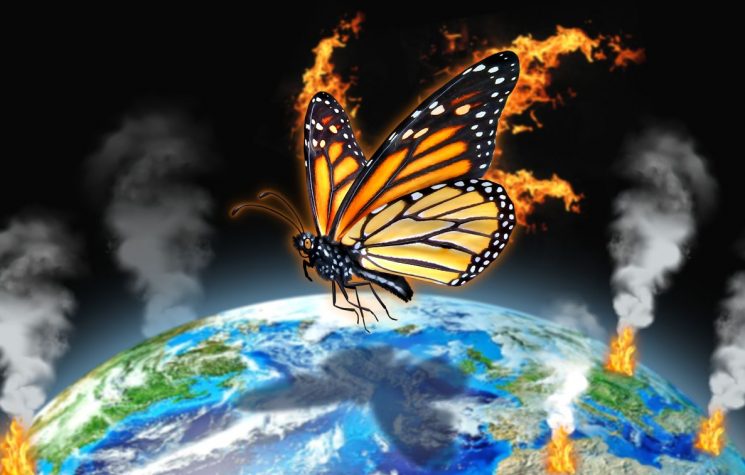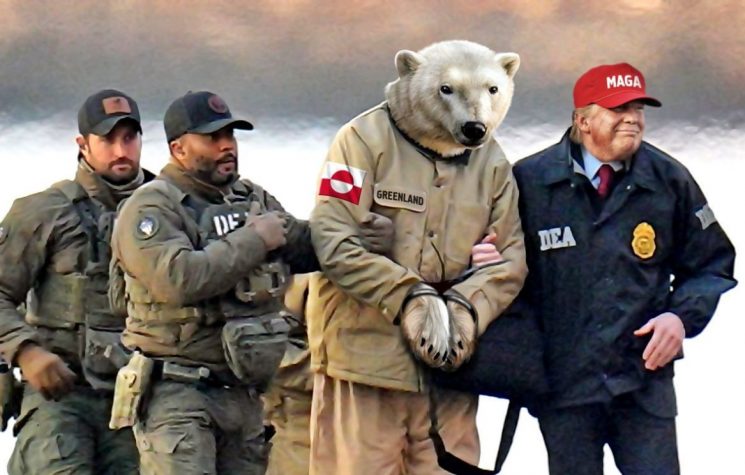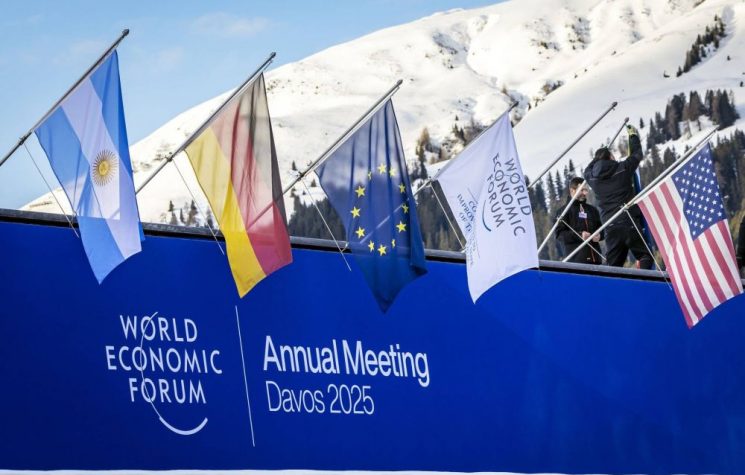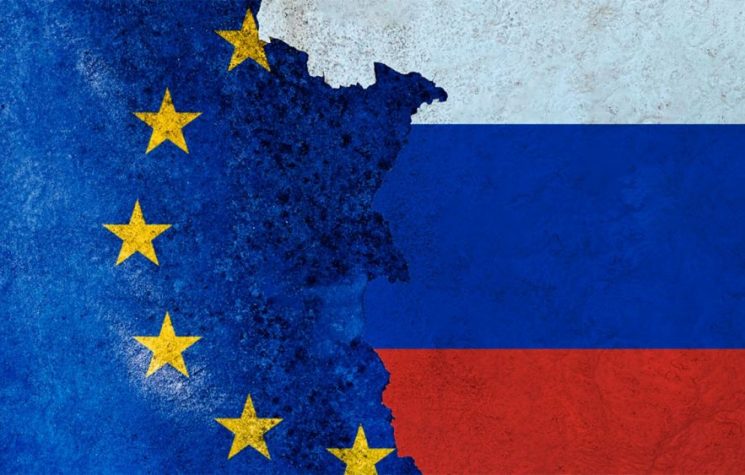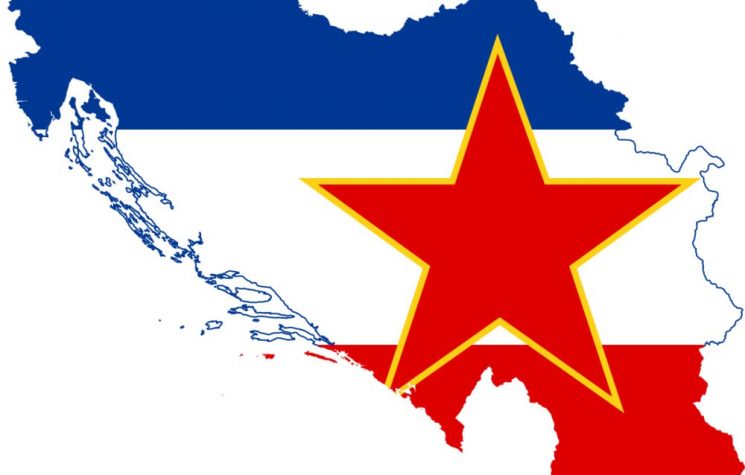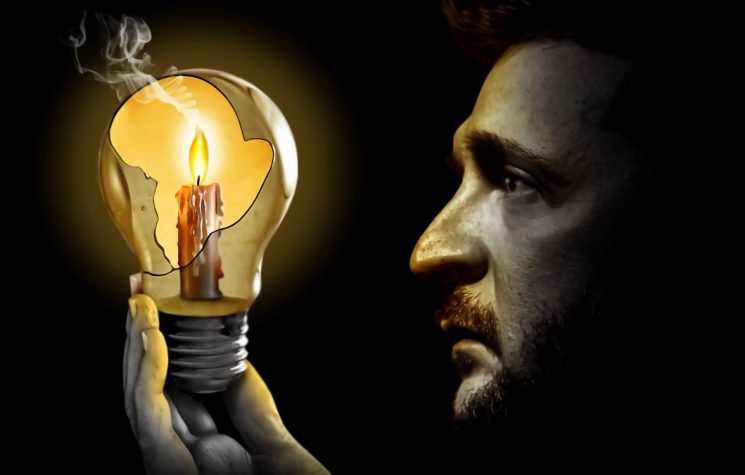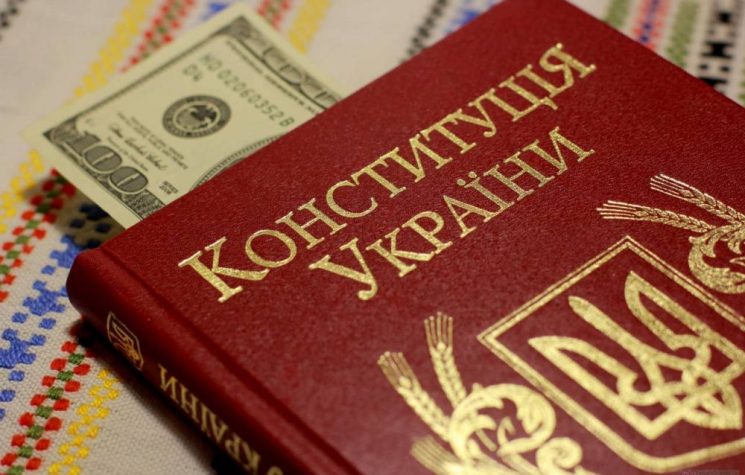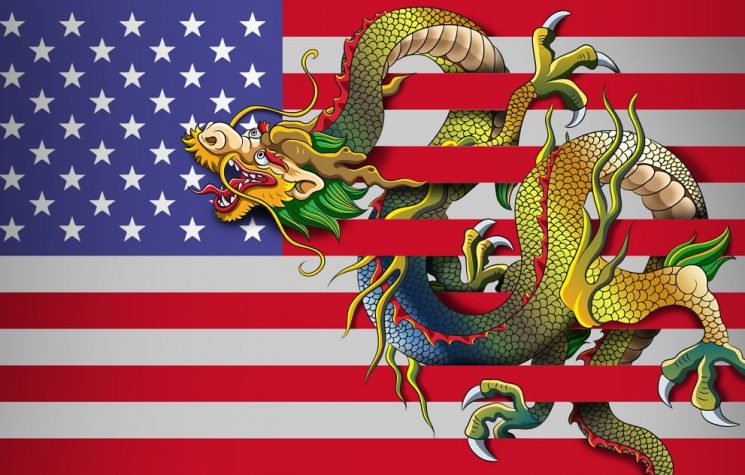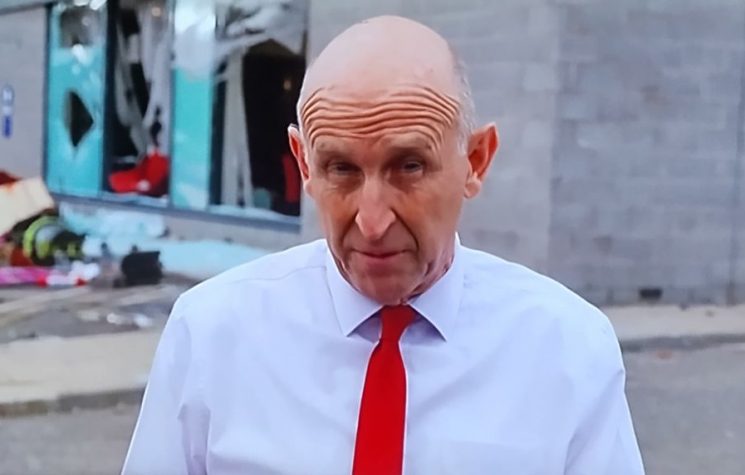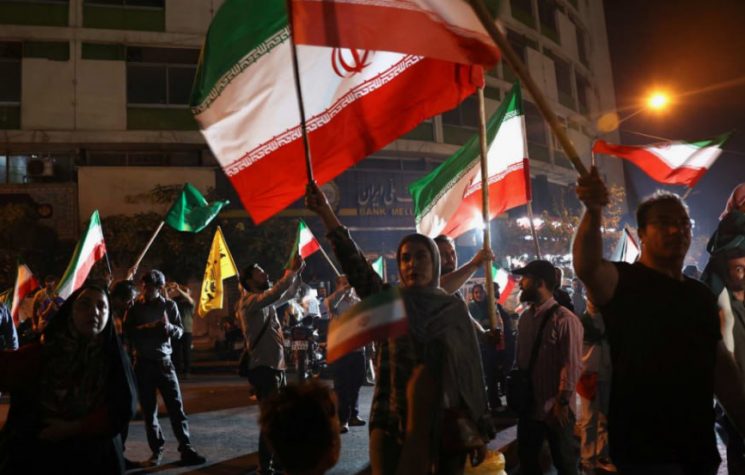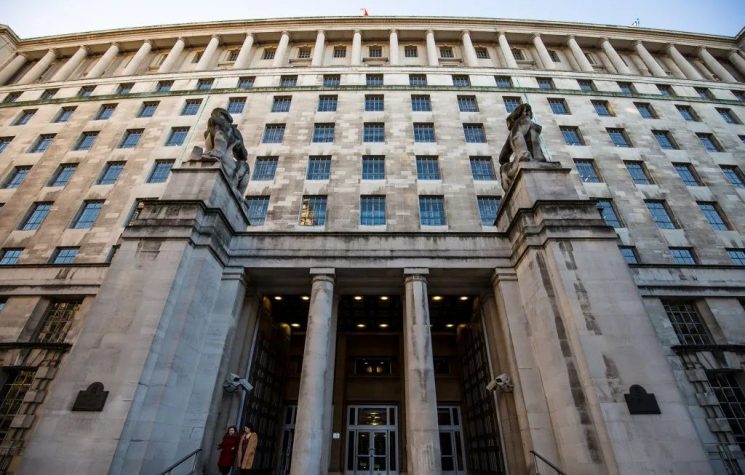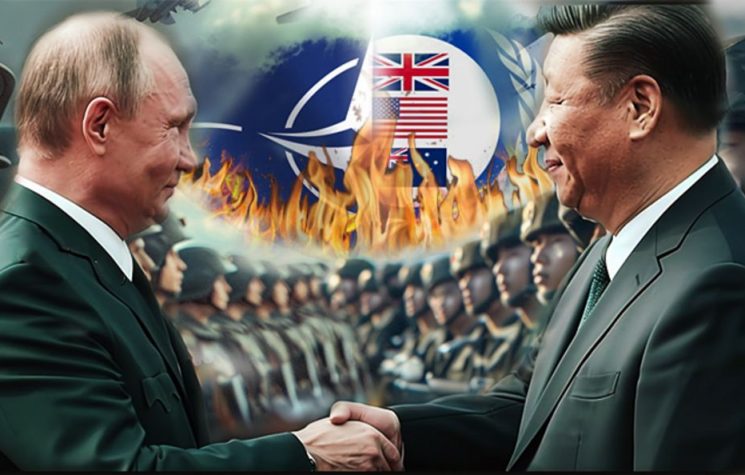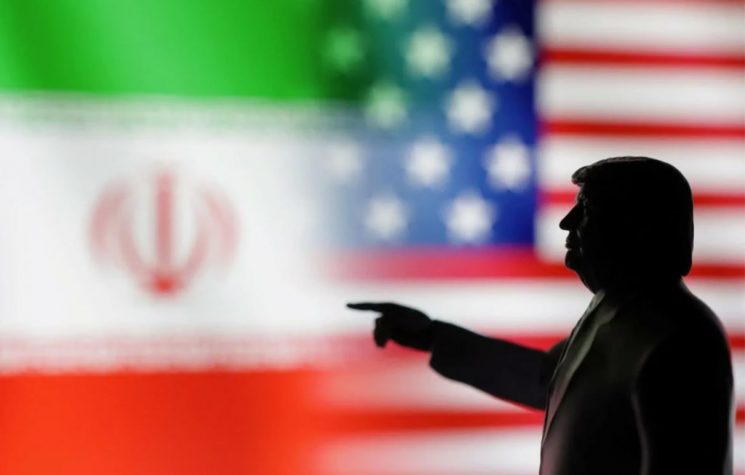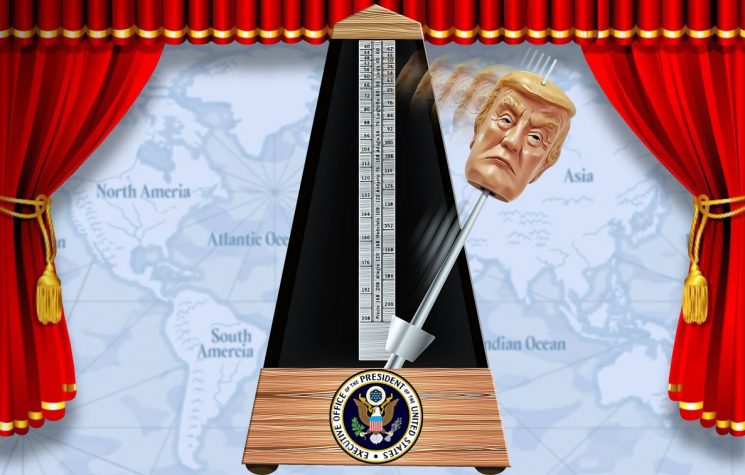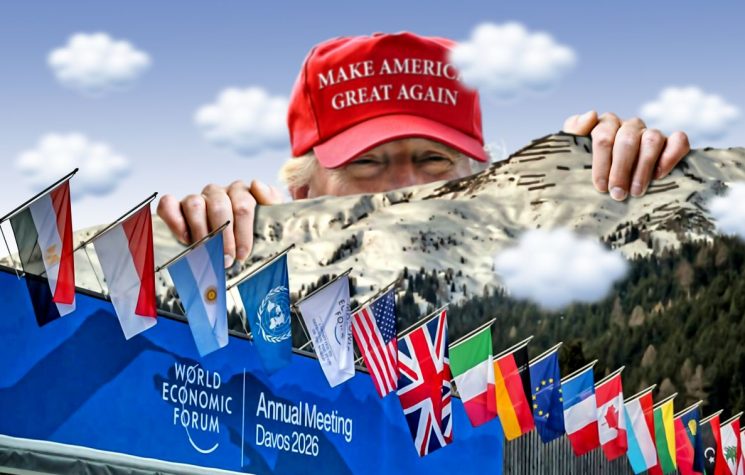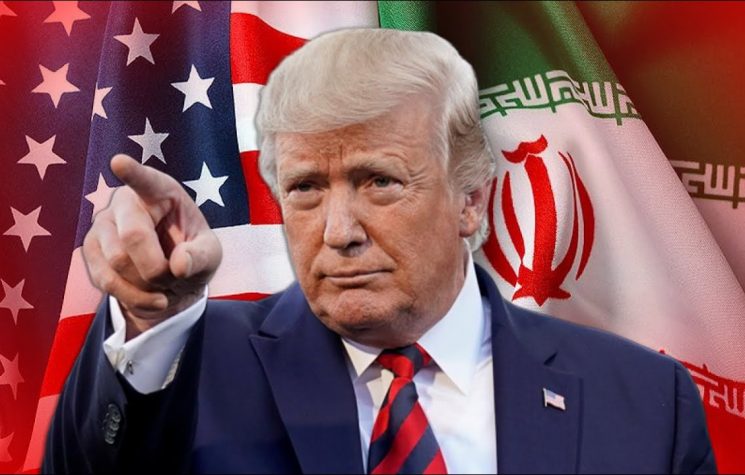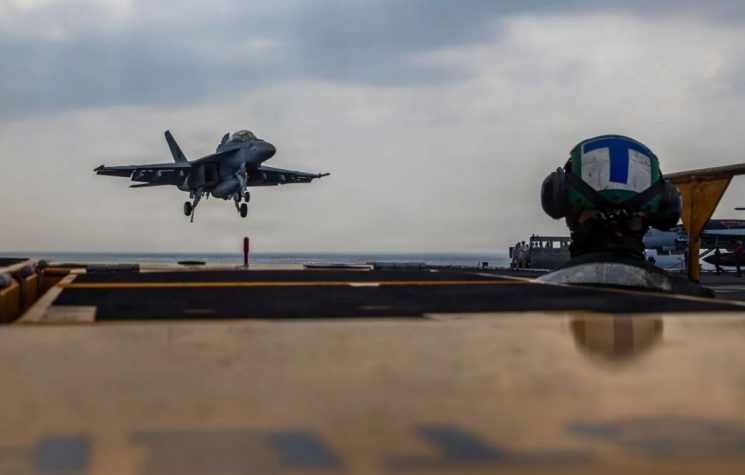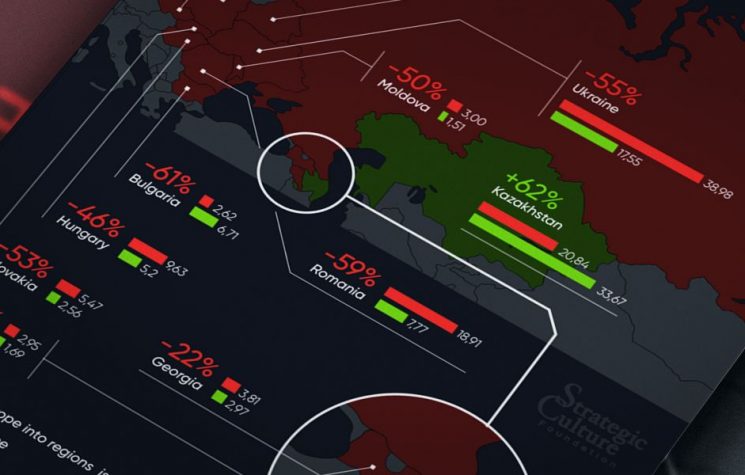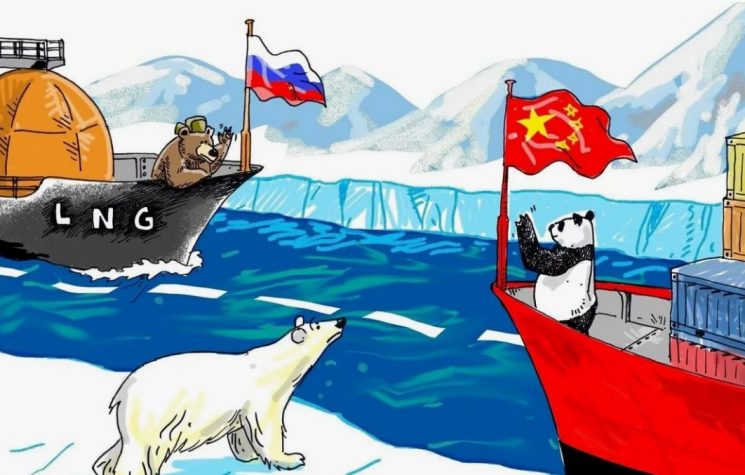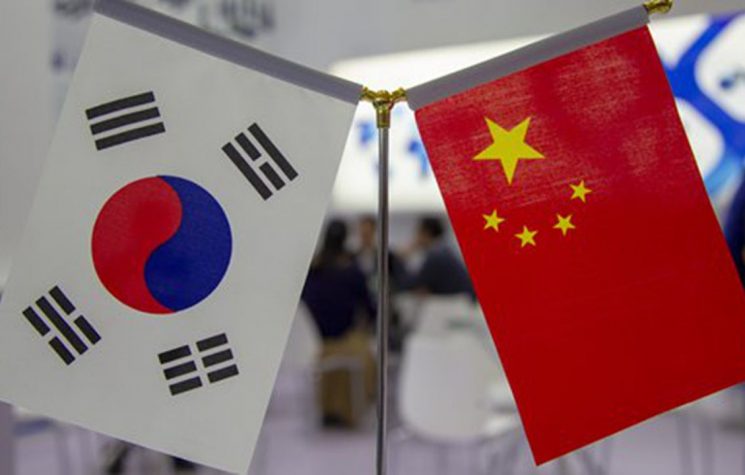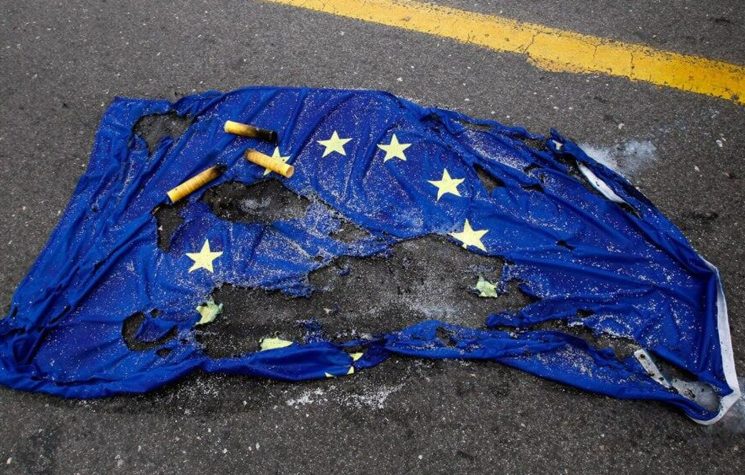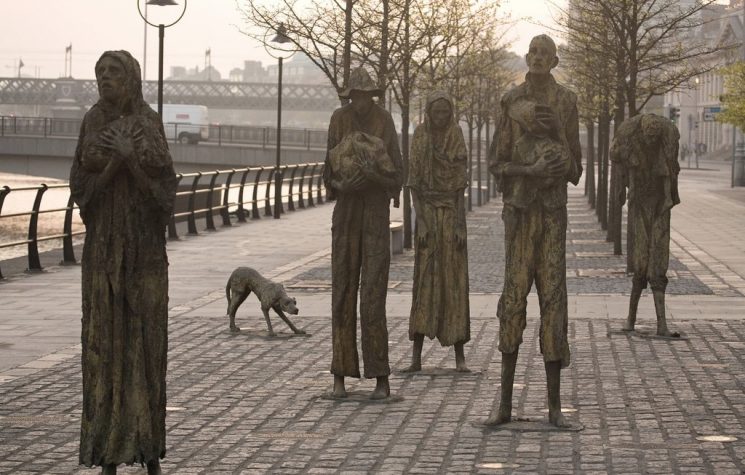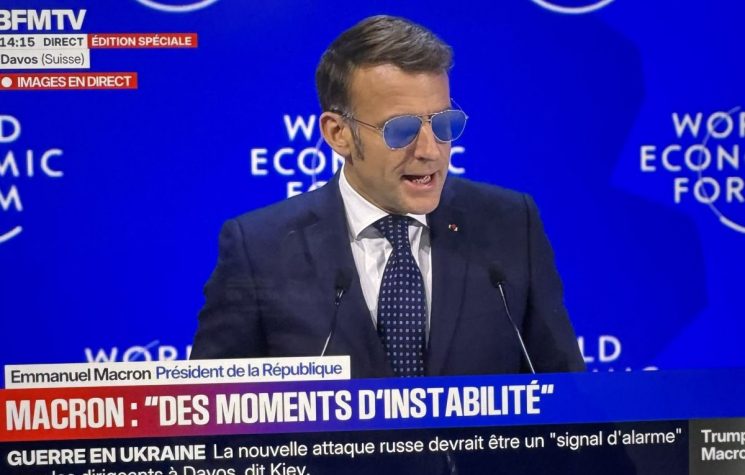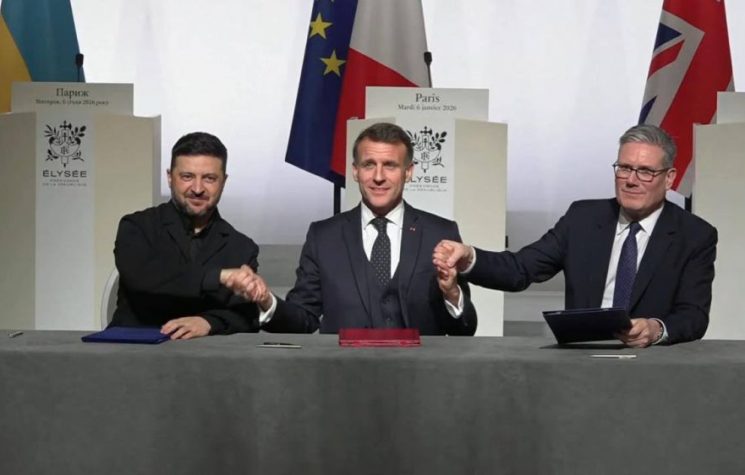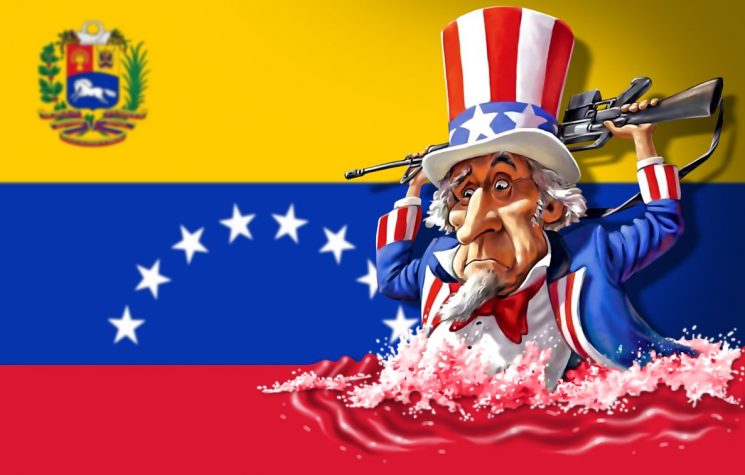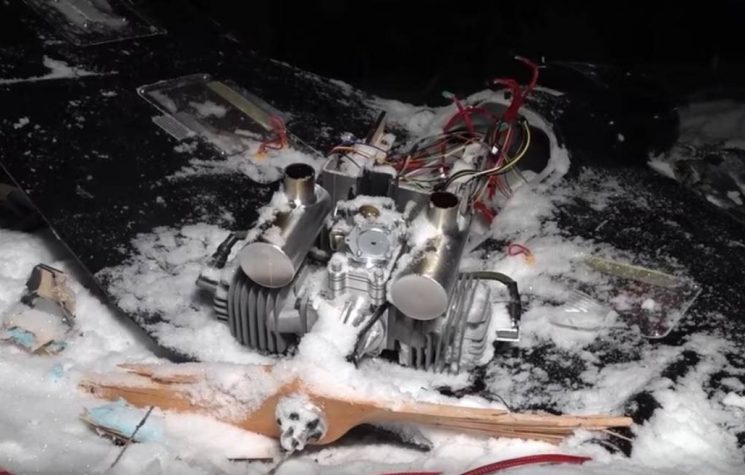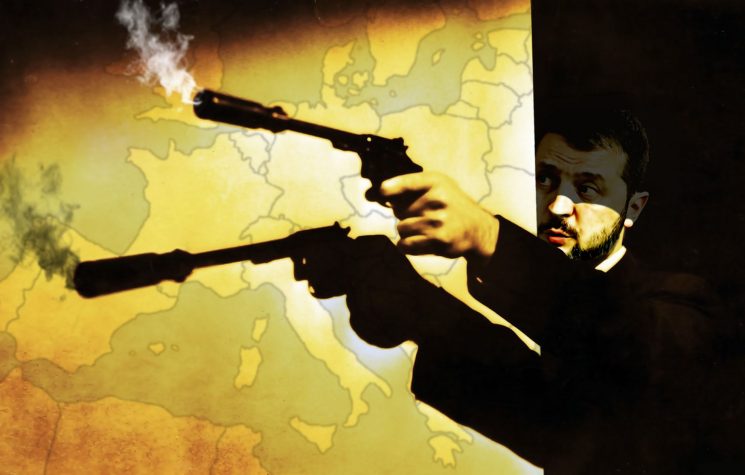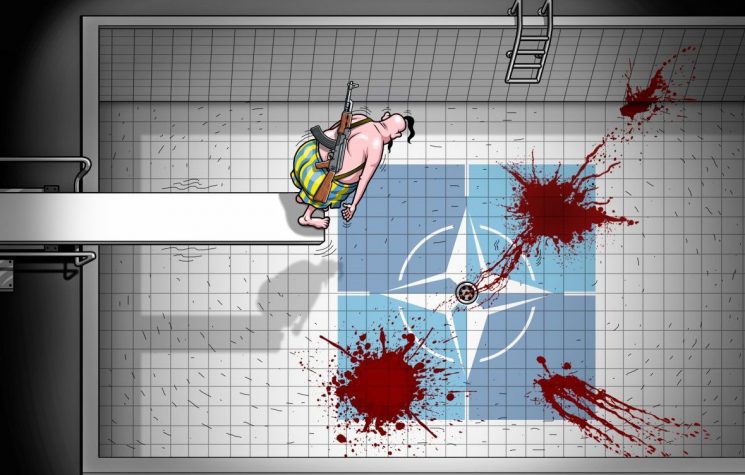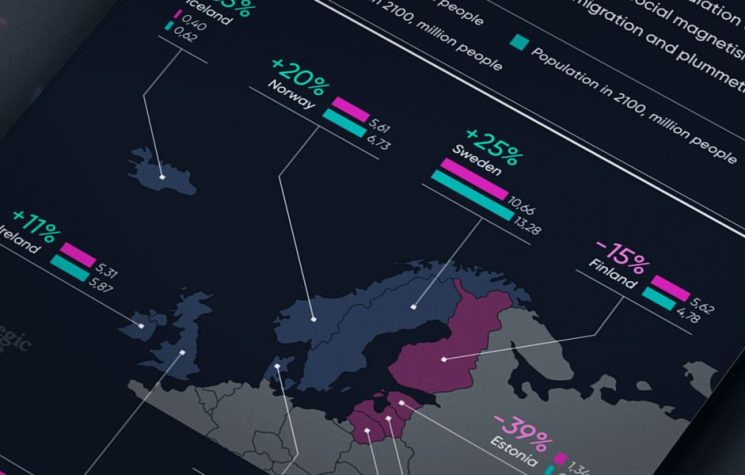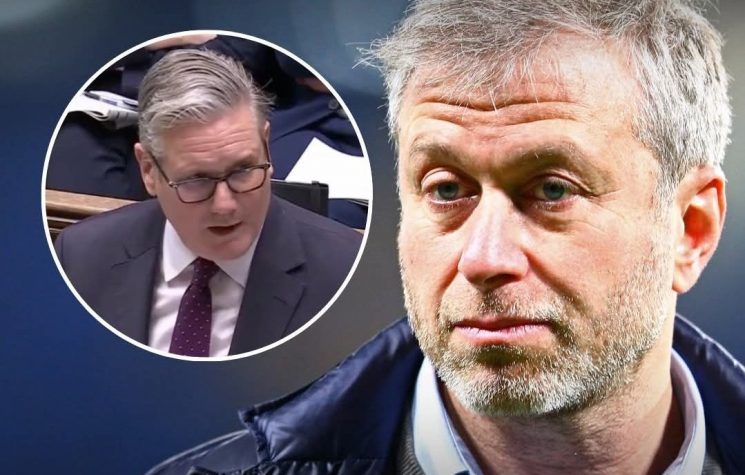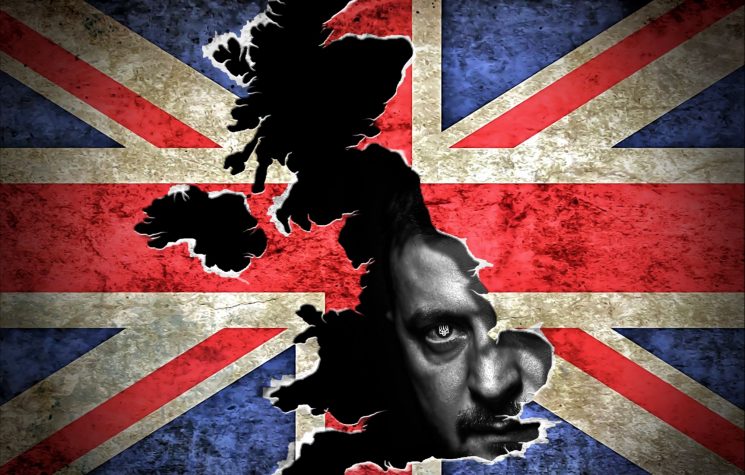What’s behind the UK foreign minister’s comments and what can we expect from NATO in the longer term? Escalation. Escalation. Escalation.
What’s behind the UK foreign minister’s comments and what can we expect from NATO in the longer term? Escalation. Escalation. Escalation.
Much has been talked about in recent weeks about the war in Ukraine being taken to the next level. For NATO and western elites, this is a natural progression based on misguided policies and ideas which have been carried out for over a year and have not achieved the goal. Furthermore, it is interesting to examine Jens Stoltenberg’s interview with the Washington Post under the microscope where he backpedals away from all the chest-beating rhetoric of destroying Russia and winning the war in Ukraine to merely “we need to prevail in Ukraine”. Quite a climbdown. Add to that his extraordinary comment about the war starting back in 2014 and the contradictions and panic starts to pile up, leaving the observer wondering whether there is any consistency at all from the West with its objectives in Ukraine. There’s a lot of fake news about it. In fact, at times, it seems that the only news about Ukraine is fake news.
Surely the biggest lie, delivered as fake news, is with this notion that NATO is all about ‘de-escalating’ the war. What utter codswallop. Is there anyone, even people who work for NATO who actually believe this garbage? Time and time again we see the West push Russia to its limit and time and time again Putin keeps a cool head, appearing at times to be the only one who seems to understand what is at stake by upping the game. What could Zelensky be trying to achieve by sending drones to the Kremlin? Escalation. What could NATO be hoping to achieve by working on a plan to send F-16s to Ukraine? Escalation.
And so, given the context, escalation is now the main focus of attention by western elites although they can’t all agree on sending jet fighters. It would also seem that they are taking Zelensky less and less seriously as the Ukrainian president is resorting to more desperate means to get the attention he wants and the level of commitment from the west as close to a full-on war with Russia as is possible.
What to make of UK’s foreign minister’s comments recently when he indicated that Ukraine had every right to attack Russia, on its own turf?
Answering questions from the media while in Estonia, Mr Cleverly was asked about Tuesday’s drone attack on Moscow and whether Ukraine had the right to attack Russian territory.
He said: “I don’t have details, and I am not going to speculate about the nature of the drone attacks in Moscow. So what I’m about to say are more general points, rather than on that specific incident.
“Ukraine does have the legitimate right to defend itself. It has the legitimate right to do so within its own borders, of course, but it does also have the right to project force beyond its borders to undermine Russia’s ability to project force into Ukraine itself”.
This comment by the suave British foreign minister, who has an impressive military pedigree himself, is not an accident or a clumsy off-the-cuff comment. James Cleverly is a smart guy and knows what he’s saying. The message is very clear. NATO is preparing for a more comprehensive war with Russia and is relying on Putin constantly staying in this ‘non-retaliation’ mode. Ironically, NATO’s strategy, which is escalation, is based on Putin sticking to his ‘non-escalation’ position. For Cleverly to make this comment which is aimed both at the cabal in Kiev as well as Putin, is an indicator that Russian military targets outside of Ukraine are fair game. The problem with this position of course is that Russia would be within its rights to retaliate on the same level with the same rationale. If Ukraine hits an army truck on the Russian side of the border, then would it not follow that Putin would be allowed to do the same with the same type of vehicle in Poland loading up on material. In short, it would mean that the convoys of military equipment which comes via Poland would become targets. If this is what the more hardcore hawks in the West like Cleverly want, then such a strike would throw the switch on a full-out war with Russia with no grey areas any more.
Of course, the implications of this are terrifying for Germany, which could easily have its civilian populations slaughtered by Russian attacks under such a scenario. Same goes for Finland and Sweden. Presumably, when Cleverly is in Norway to champion the Swedes’ entry into NATO, he won’t mention this. But if it’s what the UK wants, then you can bet all of Zelensky’s stashed billions that it’s what the U.S. wants. The irony of course is that just as the West wakes up and realises it’s in it for the long run, Joe Biden may not even remember what his first name is by the time the U.S. presidential elections get under way. And so very much a matter of time, but is time on the side of the West if Trump gets re-elected and wants to end the war? This is what Zelensky is thinking, thus explaining his level of panicking. He seems to be the only one in the West who has actually worked out that the scenario of a war of attrition doesn’t work for him and by contrast a shorter war with higher stakes, possibly air strikes, is also not so appealing. He has the choice between the boiling oil in the pan, or the inferno of the flames beneath it.










